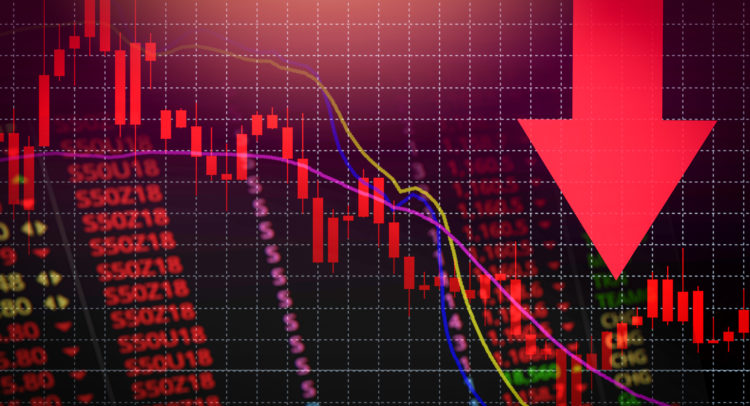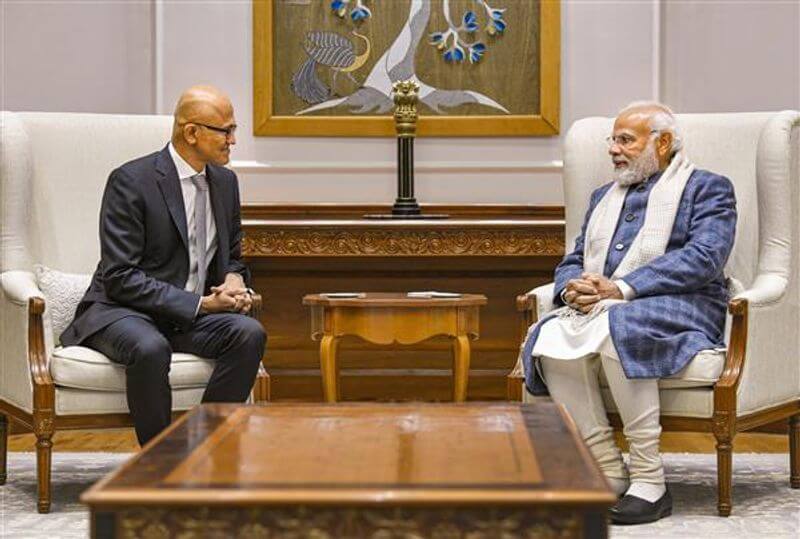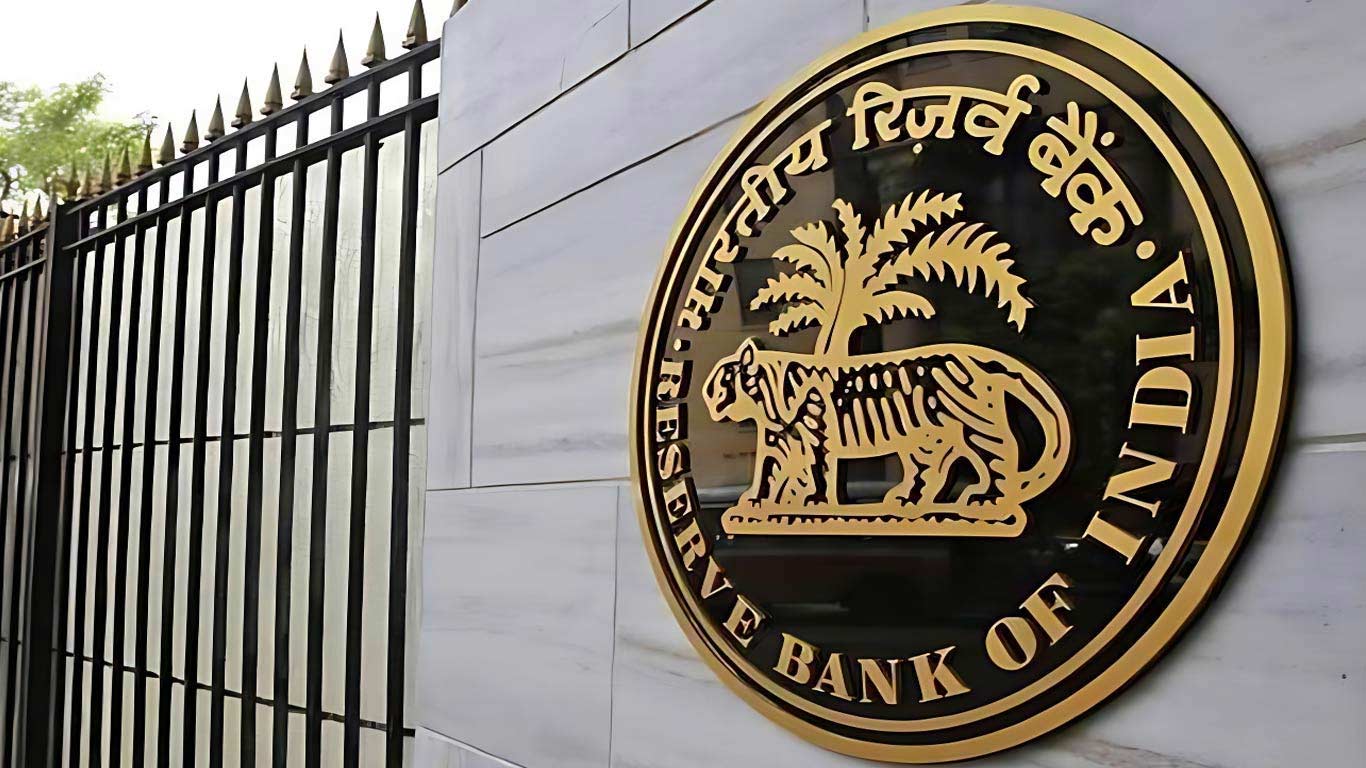Asian shares slide while oil prices surge after Israel’s strike on Iran
Fri 13 Jun 2025, 11:55:44

Hong Kong: Markets in Asia opened lower early on Friday while oil prices surged after Israel attacked Iran’s capital amid the ramping up tensions over Tehran’s rapidly advancing nuclear program.
US benchmark crude oil rose by $5.6, or 8.2%, to $73.61 per barrel. Brent crude, the international standard, increased by $5.52 to $74.88 per barrel. In share trading, Tokyo’s Nikkei 225 fell 1.2% to 37,721.63 while the Kospi in Seoul edged 0.7% lower to 2,900.14.
Hong Kong’s Hang Seng retreated 0.4% to 23,929.62 and the Shanghai Composite Index lost 0.2% to 3,394.52.
Australia’s S&P/ASX 200 drifted 0.3% lower to 8,540.80. “An Israeli attack on Iran poses a top ten of our global risk, but Asian markets are expected to recover quickly as they have relatively limited exposure to the conflict and growing ties to unaffected Saudi Arabia and the UAE,” said Xu Tiachen of The Economist Intelligence.
On Thursday, US stock indexes ticked higher following another encouraging update on inflation across the country. The S&P 500 rose 0.4% to 6,045.26. The Dow Jones Industrial Average added 0.2% to 42,967.62, and the Nasdaq composite gained 0.2% to 19,662.48.
Oracle pushed upward on the market after jumping 13.3%. That helped offset a 4.8% loss for Boeing after Air India said a London-bound flight crashed shortly after taking off from Ahmedabad airport on Thursday with 242 passengers and crew onboard.
Stocks broadly got some help
from easing Treasury yields in the bond market following the latest update on inflation. Thursday’s update said inflation at the wholesale level wasn’t as bad last month as economists expected, and it followed a report on Wednesday saying something similar about the inflation that US consumers are feeling.
from easing Treasury yields in the bond market following the latest update on inflation. Thursday’s update said inflation at the wholesale level wasn’t as bad last month as economists expected, and it followed a report on Wednesday saying something similar about the inflation that US consumers are feeling.
Wall Street took it as a signal that the Federal Reserve will have more leeway to cut interest rates later this year in order to give the economy a boost. The Federal Reserve has been hesitant to lower interest rates, and it’s been on hold this year after cutting at the end of last year, because it’s waiting to see how much President Donald Trump’s tariffs will hurt the economy and raise inflation.
While lower rates can goose the economy by encouraging businesses and households to borrow, they can also accelerate inflation. The yield on the 10-year Treasury fell to 4.35% from 4.41% late Wednesday and from roughly 4.80% early this year.
Besides the inflation data, a separate report on jobless claims also helped to weigh on Treasury yields. It said slightly more US workers applied for unemployment benefits last week than economists expected, and the total number remained at the highest level in eight months. That could be an indication of a rise in layoffs across the country.
In currency trading early on Friday, the US dollar fell to 143.10 Japanese yen from 143.46 yen. The euro edged lower, to $1.1552 from $1.1590.
No Comments For This Post, Be first to write a Comment.
Most viewed from Business
AIMIM News
Latest Urdu News
Most Viewed
May 26, 2020
Should there be an India-Pakistan cricket match or not?
Latest Videos View All
Like Us
Home
About Us
Advertise With Us
All Polls
Epaper Archives
Privacy Policy
Contact Us
Download Etemaad App
© 2026 Etemaad Daily News, All Rights Reserved.





.jpg)
.jpg)


















.jpg)
.jpg)
.jpg)


